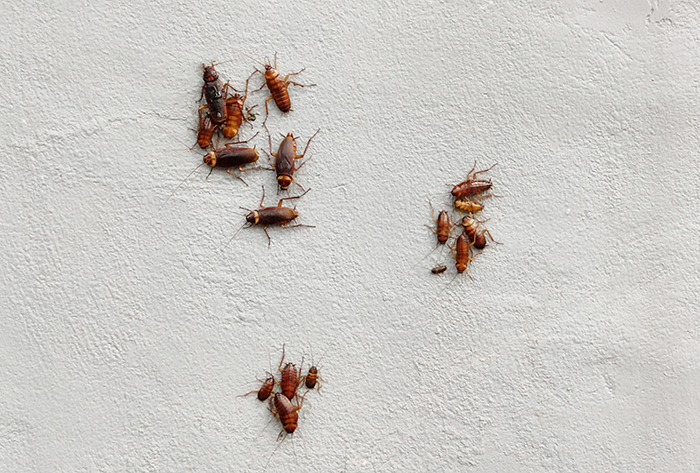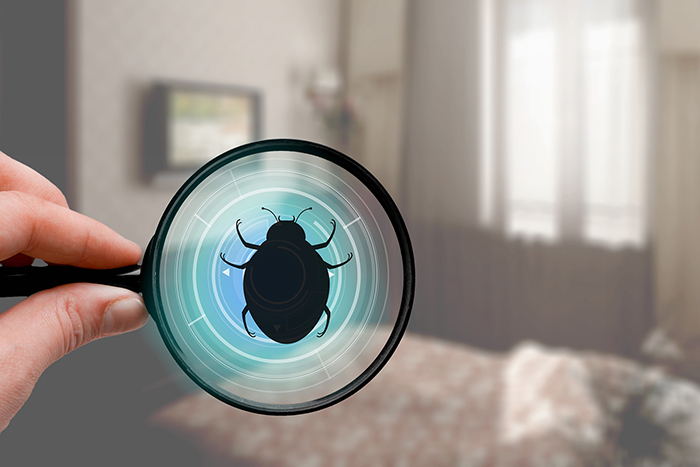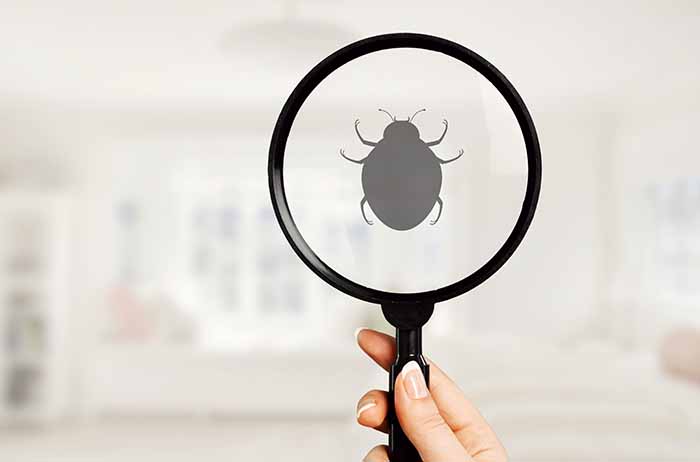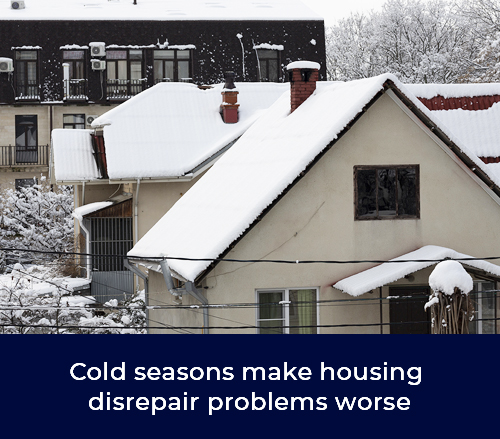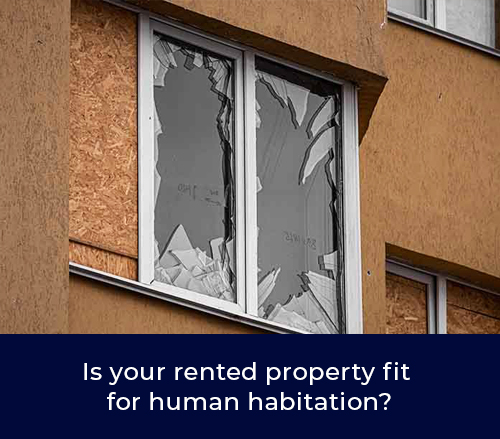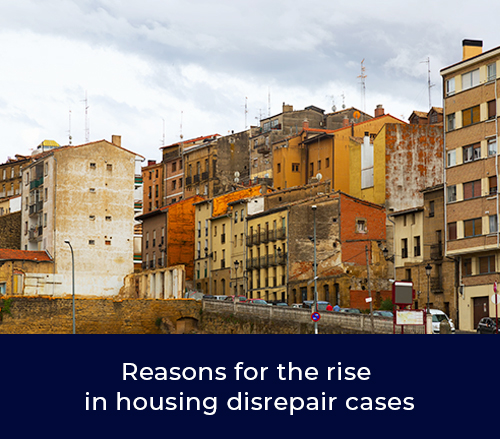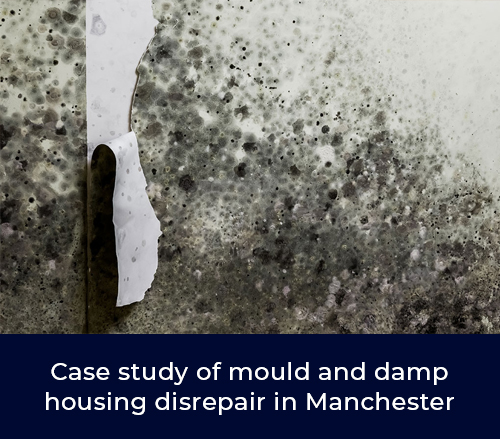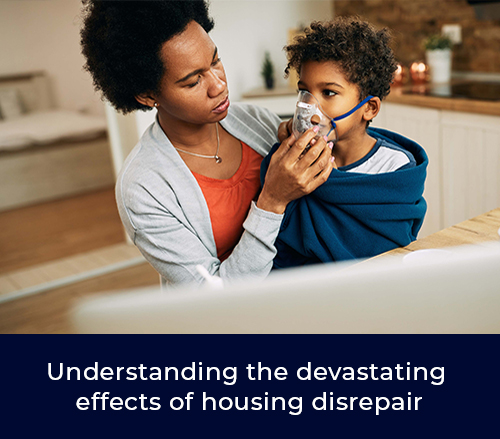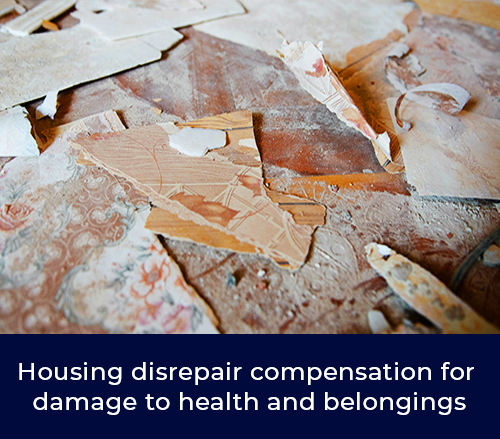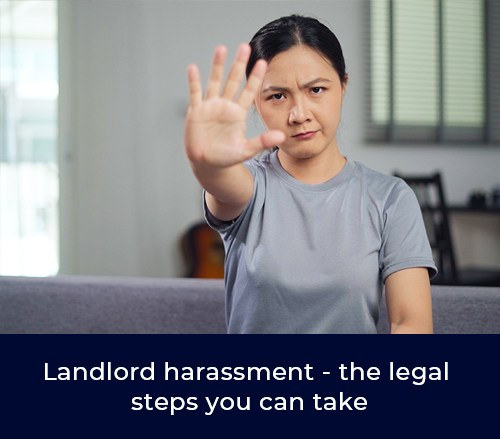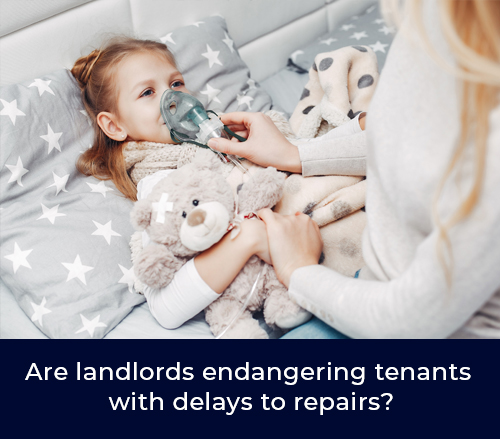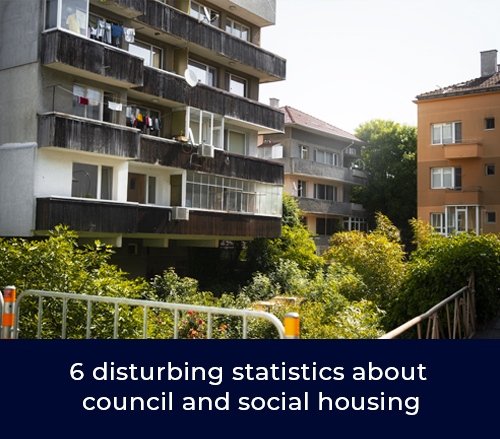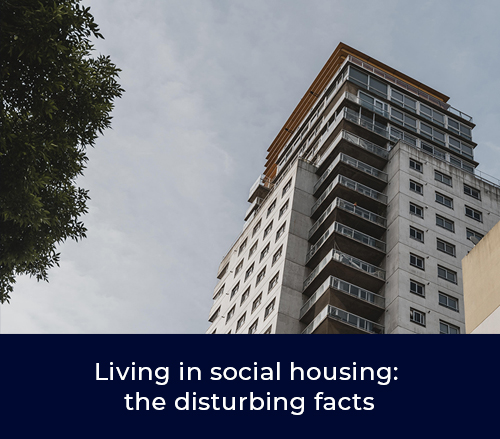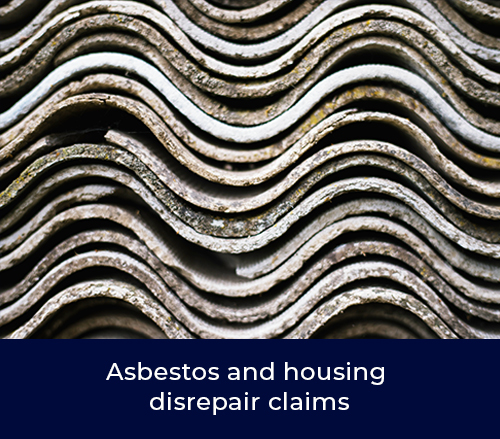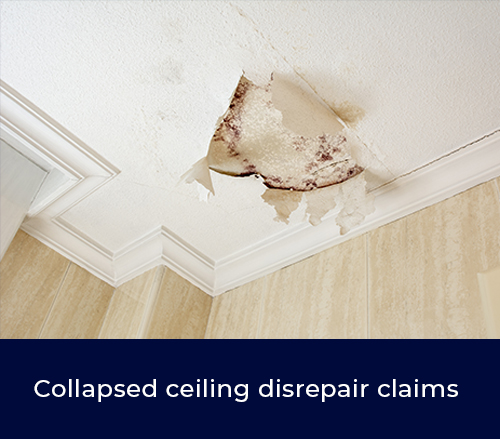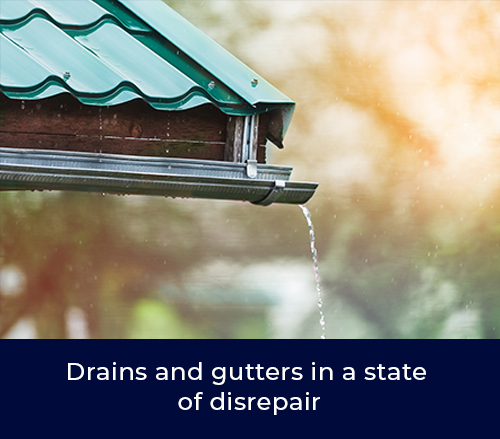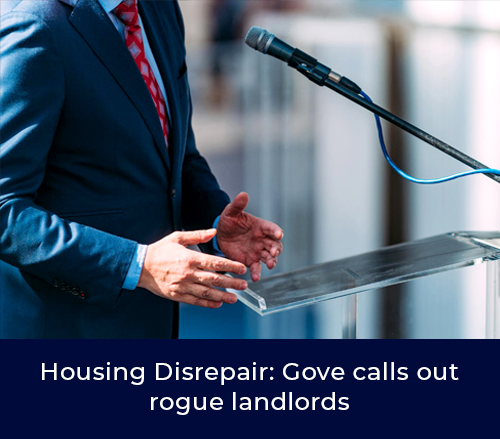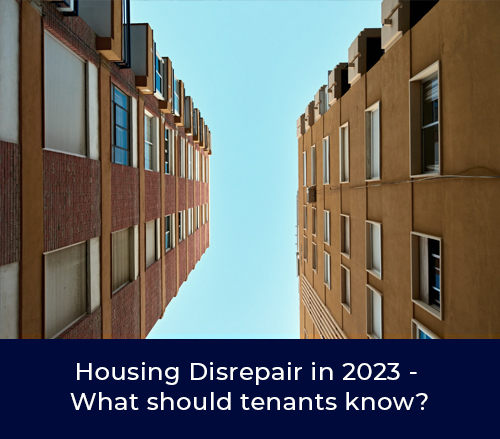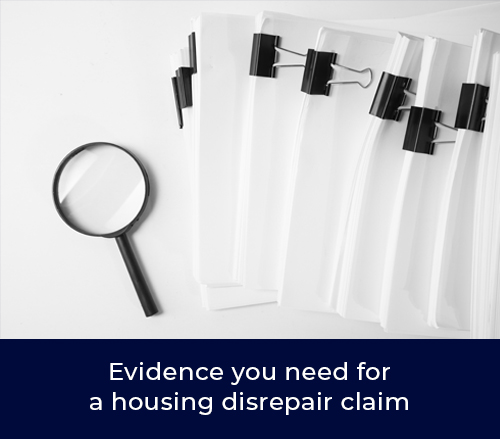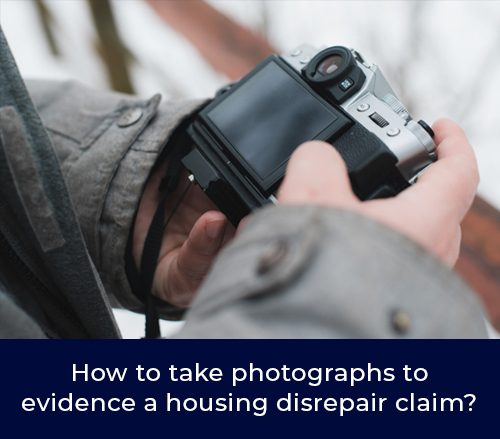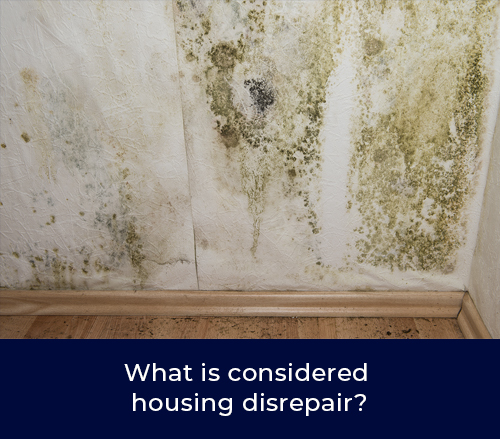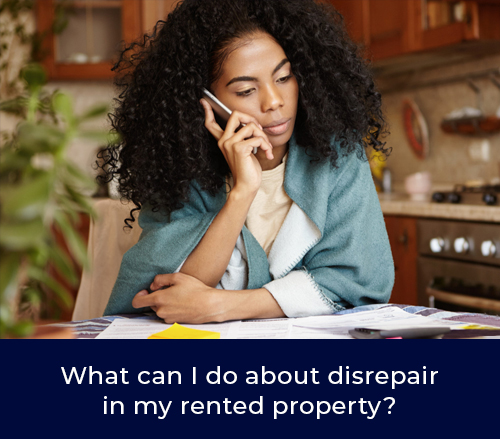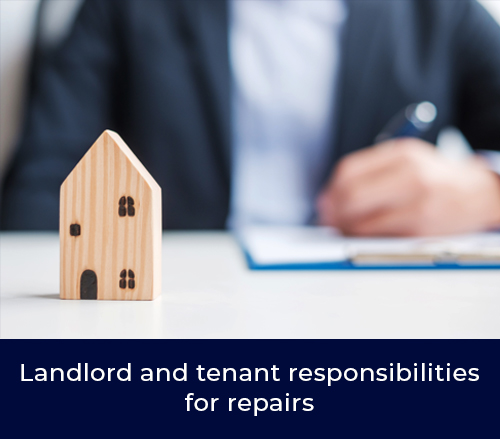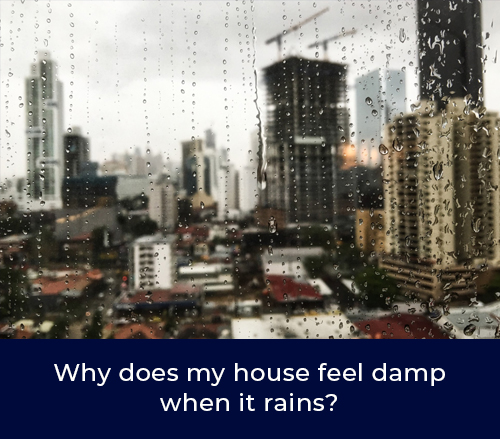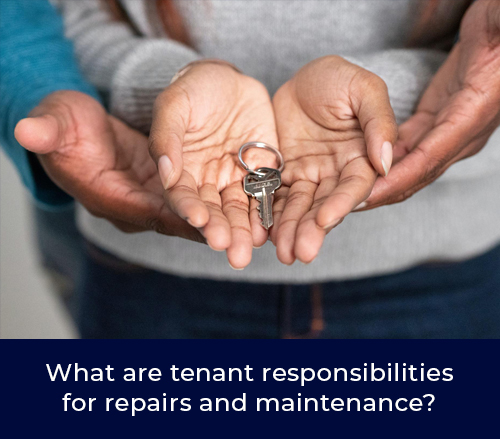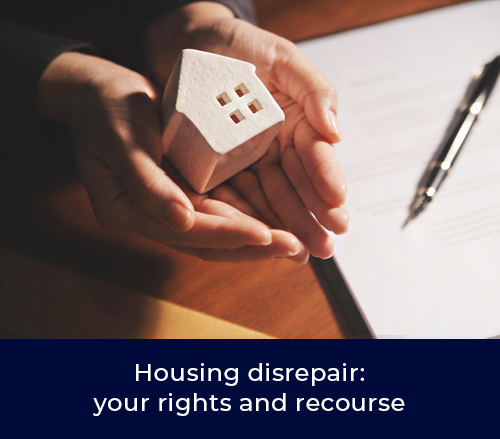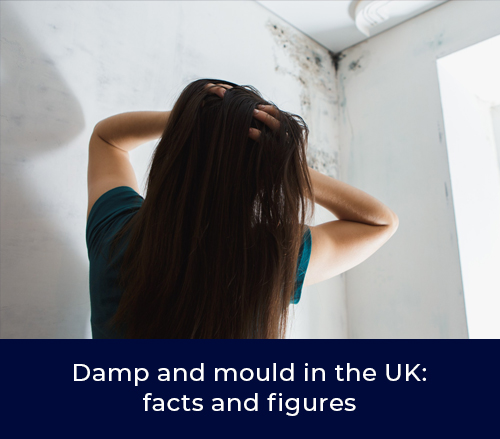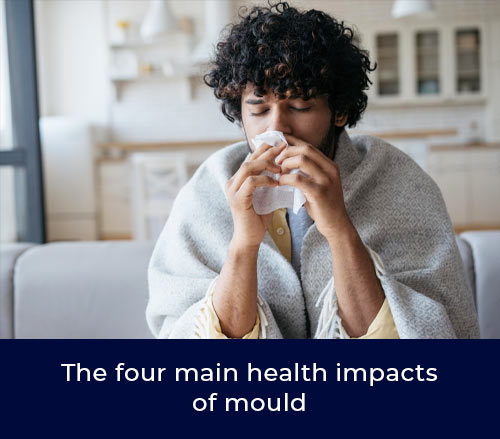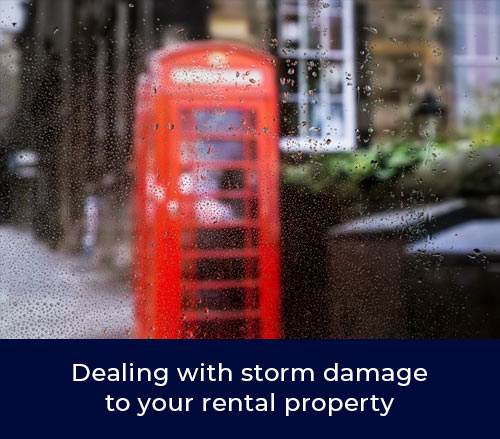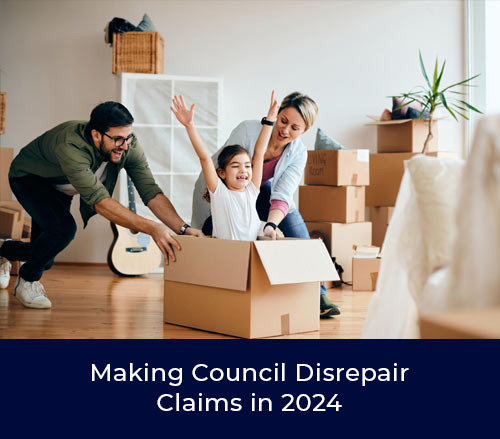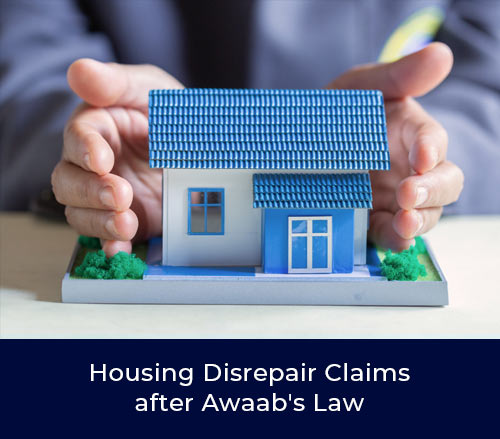Pest infestation housing disrepair claim
If you have pests inside your council or housing association rented home, it is important to notify your landlord first. If your landlord has failed to address the issue and accommodate your requests, you may be eligible to claim compensation. Our team of housing disrepair solicitors is here to assist you! If you are a council or housing association tenant we can help you on a Risk Free, No Win No Fee basis. Our success fee is both ethical and one of the lowest in the market. Get in touch with us today to find out how we can assist you.
The housing disrepair claim check list
Can you answer yes to the following questions? If so, please get in touch so that we can discuss your case further:
Are you renting your home from the council or a housing association?
Are your rent payments up to date?
Is your landlord responsible for the disrepair?
Has the disrepair been reported to your landlord?
Has your landlord failed to repair the issue within a reasonable amount of time?
Process your disrepair claim in 3 easy steps with us

1. Get in Touch
Are you a council or housing association tenant? Contact us and tell us about your matter. We work on a 100% No Win No Fee basis, so you won’t pay a penny unless we win. Give as much information as you can. The more information you can provide, the better chance of successfully resolving your case. The initial assessment is always free and with no obligation to engage afterwards. Call 020 8578 7778.

2. Build Your Case
Let our experts do all the legal work for you. We will explain what documents you need to provide so that we can process your application. Once received, our disrepair lawyers will complete and submit the necessary documents to counterparties and courts.

3. Success
Remove the stress by having our disrepair lawyer by your side. Let us do the hard work. We will keep you updated every step of the way resulting in a successful outcome.
Get in touch with housing disrepair solicitors
We make it easy for you to speak with our disrepair experts
Use the online chat on our website
Call us on 020 8578 7778
E-mail us contact@silveroaksolicitors.com
Visit us at our office. We are open Monday-Friday 9am - 5.30pm
When you first contact us, we will ask for some initial details. You can be assured that everything you discuss with us will be completely confidential, and any information stored by us will be in accordance with UK data protection regulations.
At SilverOak Solicitors, we provide our clients with regular updates using a range of secure platforms such as video calls, voice calls, and secure messaging, all for your convenience!
Read recent client reviews
Why choose SilverOak Solicitors?
No Win No Fee
We work on a No Win No Fee basis for personal injury and housing disrepair claims. We only take on cases we are confident we can win. If we lose, you don’t pay our fees.
Highly Experienced
Our highly experienced solicitors and consultants have secured millions of pounds in compensation.
Excellent Client Care
You’ll have a dedicated file handler and senior solicitor working on your case so you won’t need to speak to lots of different people.
SRA Regulated Law Firm
We are a trustworthy SRA regulated law firm and member of The Law Society.
What is pest infestation?
A pest infestation occurs when an insect, rodent or other creature breeds in disproportionate amounts in a limited space.
Signs of a pet infestation might include:
- Finding droppings around the house
- Chewed wires, walls, or food packets
- Greasy smears on the walls where a rodent has brushed against it
- Signs of a nesting area in a warm, comfortable place
If you see any of the above, you can ask your landlord to check the property to confirm that you have an infestation. If they find one, they have responsibilities to you that the law obliges them to keep.
How are pests dangerous to your health?
Different pests carry different dangers. The dangers they represent include damage to the property and damage to your health.
Rats, mice, and other mammals carry diseases and leave faecal matter in your house. They gravitate towards the areas of your house where you keep food and spread these germs all over your food. Rats and mice will also damage a property by chewing and clearing out cavities in the walls.
Flies and insects also seek out food and bring in germs. Certain insects, such as the masonry wasp or termite, can eat away at the structure of your house.
The UK Government lists the diseases carried and spread by pests such as the Zika virus, Lyme disease, rabies, plague, typhus, and rat-bite fever.
Who is eligible to claim?
You are only eligible to file a claim for housing disrepair if your situation meets certain criteria. You should ask your landlord to correct the infestation, or deal with it yourself depending on who handles it. We will determine rights and roles of each party. You are eligible to claim compensation if the responsible party fails to act. You must ask them to take care of the problem and they should take all possible steps to provide a solution. It is only if they do not act that you can pursue a case.
Tenant rights in the face of infestations
You have the right to live in a property that is in a good and safe condition. If the infestation was inside the property when you moved in, and if you live in a furnished property, then your landlord is likely responsible for the infestation. If you report it to them, they should act. A pest infestation could violate the terms of your rental agreement.
If you report the infestation to your landlord and it is their fault, they must repair it. If they do not, and you are a council/housing association tenant, call us today and we can assist you on a no win no fee basis.
Tenant responsibilities
You should not do anything that causes an infestation on your property. As a tenant, you have a duty to take care of the property. Allowing a pest problem to continue could violate your lease. You must keep the property in a good condition. You must keep your food preparation areas clean and tidy and regularly remove rubbish in order to avoid attracting mice, rats and insects.
Your landlord’s responsibilities
If it has been determined that your landlord is responsible for the infestation, they must take steps to solve the problem. If you report the problem to them and they do not act, you should inform them in writing. If they still fail to act you may then seek our legal assistance.
Council responsibilities
The pest problem may not be your landlord’s fault. In some cases, you must call in the Environmental Health service from your local council to determine the source of the problem. For instance, a rat problem could emanate from a local restaurant. In this case, it would be neither your fault nor your landlord’s fault.
If your local council assess the situation and find you are to blame, they can offer you access to pest control services.
Why do you need a housing disrepair solicitor?
It can be difficult to stand up to landlords. Our housing disrepair solicitors can help you get the maximum compensation you deserve and your landlord will be made to fulfil their legal responsibilities by making your home a clean, disease free environment in which to live.
How to apply for a housing disrepair solicitor
If you are a council or housing association tenant and you can seek our help, call us on 020 8578 7778 and tell us about your matter. We will advise you on what your next steps should be. We work on a No Win No Fee basis, if we agree to take on your case, you won’t be charge a penny until we win your case.
Making a housing disrepair pest infestation claim
Has your landlord failed to make repairs to your home?
Our highly experienced housing disrepair solicitors will fight for your repairs and compensation on a NO WIN NO FEE basis. Contact us for a free consultation.
If your rented home falls below a reasonable living standard because it has damp, mould or other issues, you could make a claim for compensation. You must have reported the issues and given your landlord a reasonable amount of time to repair the issues. If they have not you can make a claim for damage, personal injury, financial loss and/or nuisance.
Your landlord is responsible for the above repairs irrespective of what your tenancy agreement says. Your landlord may be responsible for additional repairs stated in your tenancy agreement.
Claims can be made either during your tenancy or after your tenancy, as long as you are making the claim within 6 years of the date that you informed your landlord of the disrepair. Personal injury claims related to housing disrepair must be made within 3 years of the date that you informed your landlord.
Your landlord may not be responsible for repairs if they are a result of you either not taking care of the property properly or doing something unreasonable.



